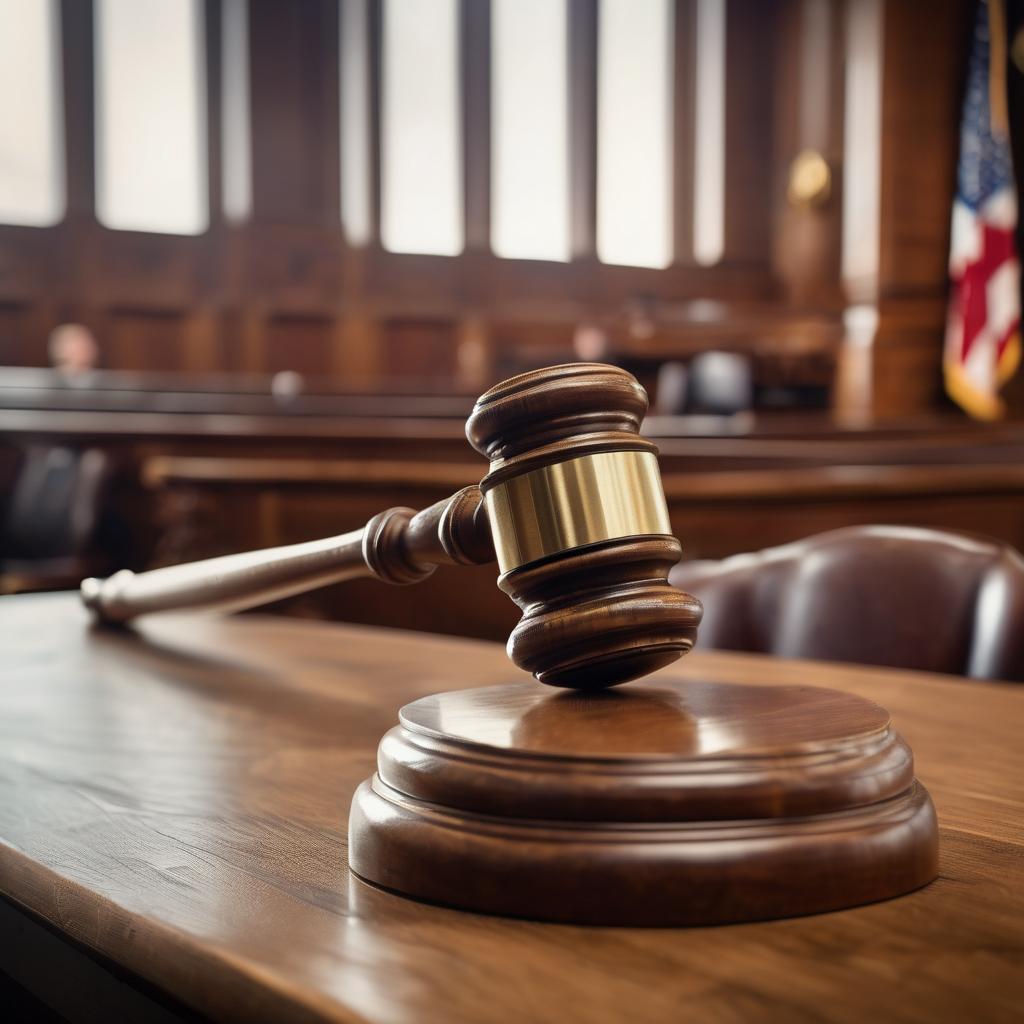The trial of former acting Prime Minister Aiyaz Sayed-Khaiyum and former Supervisor of Elections Mohammed Saneem is reaching a pivotal moment today as the court determines whether the duo has a case to answer in the ongoing abuse of office trial. The defense, represented by lawyer Devanesh Sharma, maintains that the allegations are fundamentally employment-related rather than criminal, urging the court to dismiss the charges due to insufficient evidence provided by the State to substantiate criminal misconduct.
On the other hand, Acting Director of Public Prosecutions Nancy Tikoisuva contends that the State has adequately demonstrated that the actions of the defendants constituted abuse of office and corrupt benefit acceptance. According to the prosecution, Mr. Sayed-Khaiyum and Mr. Saneem bypassed necessary constitutional approvals regarding a Deed of Variation, which facilitated the government’s payment of Saneem’s tax liabilities without presidential endorsement or Constitutional Offices Commission (COC) approval, as mandated under Section 136 of the 2013 Constitution. This action allegedly resulted in Saneem receiving an unlawful benefit in the form of a $55,944.03 tax relief on his back pay.
This case has significant public interest due to its implications for governance and accountability in Fiji. Chief Justice Salesi Temo is tasked with delivering the much-anticipated ruling at the High Court in Suva. As the judicial process continues, the outcome of this trial could set an important precedent for maintaining transparency and integrity in public office. It may also influence future governance policies and ethical standards, reinforcing the judiciary’s vital role in overseeing the conduct of government officials.
The broader context involving previous hearings and allegations against the defendants accentuates ongoing concerns about ethical governance and the judicial system’s role in safeguarding public trust. Observers are watching closely to see if the trial will serve as a beacon for accountability and reform within Fiji’s political and legal landscapes.
